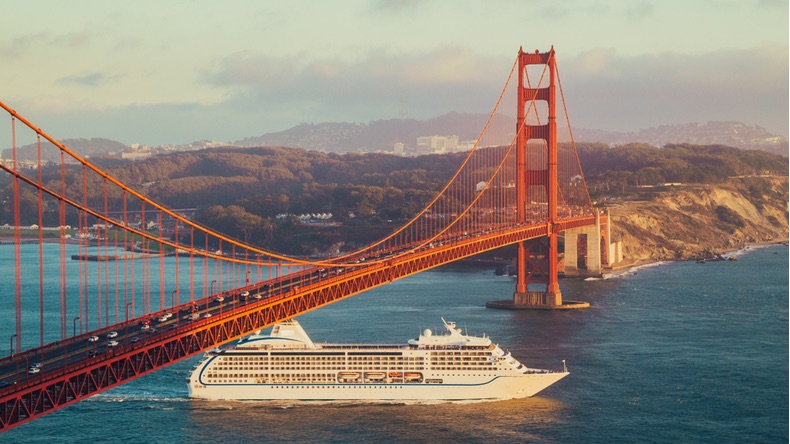 US turns spotlight on future of cruise industry
US turns spotlight on future of cruise industry
The Federal Maritime Commission has appointed commissioner Louis Sola to head up an inquiry into getting the cruise industry back into operation amid the fallout from the Covid-19 pandemic. Cruise industry stakeholders will be engaged and expected to identify commercial solutions to coronavirus-related issues
THE US is to examine the commercial measures that passenger cruise lines can take to mitigate the adverse economic impact of coronavirus.
The investigation comes as reports show that the coronavirus pandemic has severely impacted the cruise industry, as well as ports and other segments of the supply chain.
The US Centers for Disease Control and Prevention announced a 30-day “no-sail order” for all cruise lines in March; that order was extended on April 9 for up to 100 days. The order has hit the cruise industry hard.
In Alaska, nearly 70% of cruiseship sailings have been cancelled due to the pandemic, according to a report by a representative of Cruise Lines International Association Alaska.
“It is a little over 800,000 passengers that will not be coming up at this point,” Mike Tibbles told the state’s Board of Marine Pilots, adding that 408 cruises have so far been cancelled.
The Federal Maritime Commission has set up an inquiry — Fact Finding 30: Covid-19 Impact on Cruise Industry — to determine the economic stability of the cruise lines.
Louis Sola, left, who will lead the inquiry, said that given that the US has examined concerns related to the cargo side of the shipping industry, it should examine the impact of the coronavirus on passenger vessel operators.
“The sooner cruise companies are able to resume operations and provide certainty to the public about the lines’ financial security, the sooner we can bring stability to enterprises and communities that rely on the cruise industry for their livelihoods,” he said.
The inquiry has been set up as ports and operators struggle with the commercial realities of the outbreak.
Randa Coniglio, president and chief executive of the Port of San Diego, said: “Our next fiscal year is coming up and between now and the end of our next fiscal year, we think that will be $70m to $95m below what would have been our budgeted expectations — and that is on a $193m budget.”
Alaska was projected to have a record 1.44m cruiseship passengers this year, spending a projected $800m in the state, making the cancellations a major blow to Alaska’s economy, especially among coastal communities.
In Galveston, Texas, the port’s board of trustees unanimously voted to adjust its 2020 budget under the assumption that no cruises will sail this year due to cancellations caused by coronavirus.
The vote amended the Port of Galveston’s budget, reducing the amount of money officials forecast that the port will collect by $14.8m, projecting total net income of about $40m. At the beginning of this year, the port projected total net income at $54.5m.
“We basically are saying the probability is we get no cruises this year, and this is the worst-case scenario,” board of trustees chairman Albert Shannon said. “We are basically eliminating those items of revenue.”


